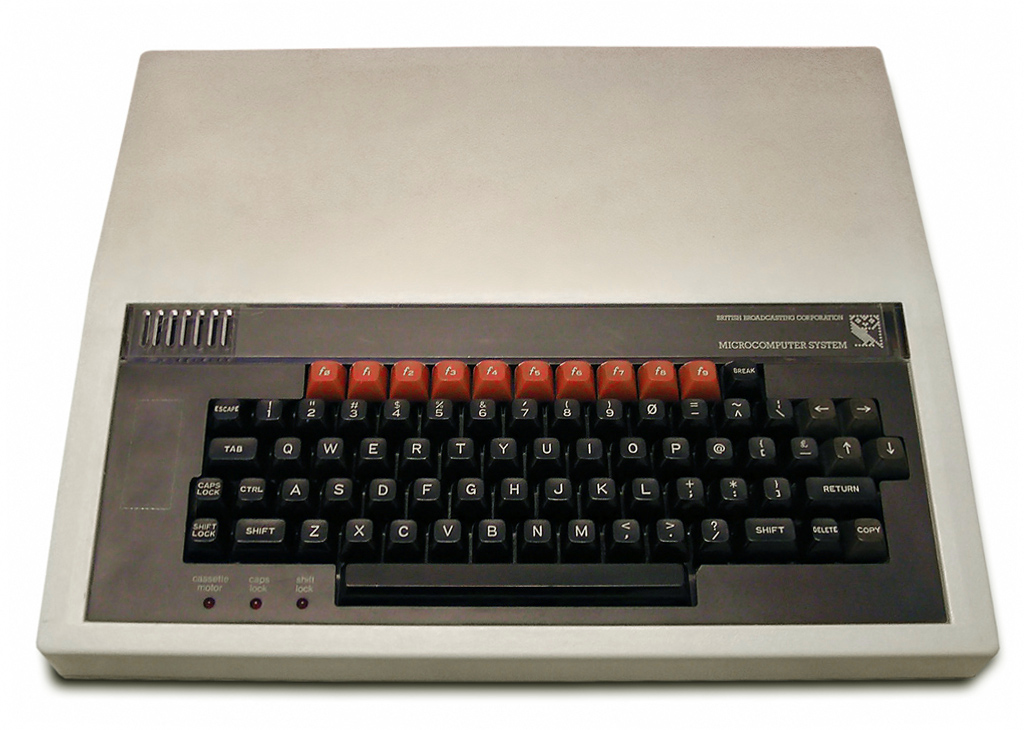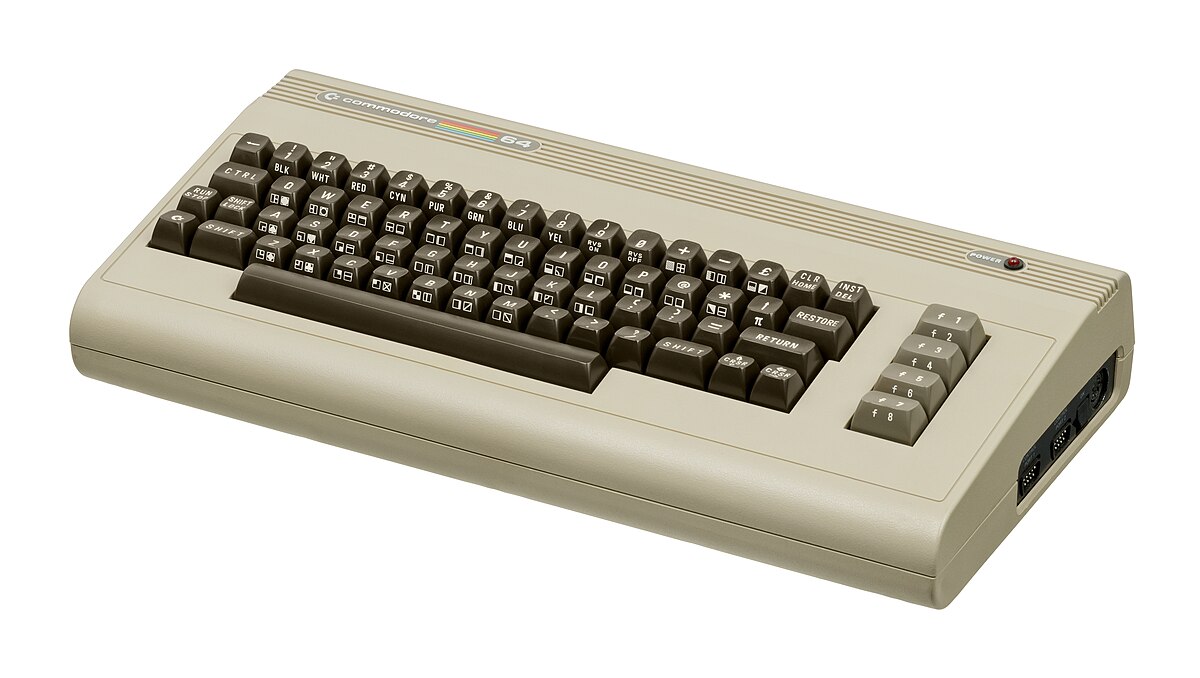Cyber3xpert
Well-Known Member
- Joined
- Jul 8, 2019
- Messages
- 167
- Reactions
- 89
My two sons had them but I preferred their Sega Mega drive. That was the last gaming machine I ever played games on. I did play a few DOS games on PC but lost interest. I always had much more fun with outside pursuits like hiking and photography.Anybody had a GameBoy?
Anybody had a GameBoy?
We seem to have reached something of plateau with Windows 10 and replacement cycle is extending thank goodness.
My photo editing PC bought in 2010 is still very competent and has run faultlessly for probably thousands of hours.
I think its mac, mac thats comes with the color body, I got an orange one still in the back yield!A follow up to the first camera thread I thought it would be interesting to share your first PC.
The very first computer I had experience with was the BBC Micro B which was an 8-bit system manufactured by Acorn Computing in the early 80's and powered by the popular MOS Technologies 6502:

BBC Micro - Wikipedia
en.wikipedia.org
These units were expensive and our school had just one of them which was shared among all the classes during the year so we'd get it for just two weeks in our class room. I remember the game we played had a set of weighing scales and it would have simple sums on one set of the scales and you'd have to work out which numbers to put on the other side to balance it.
These machines remained popular in the schools I went to for many years after due to being simple and durable, my Mum was a primary school teacher and kept a BBC Micro in her classroom with a programmable input board controller (not sure the proper name, you could place paper cut outs on it and players would press symbols to match the screen) which she could easily set up and the kids liked using.
Acorn moved onto the Archimedes series afterwards which used their first ARM processors which are the great, great, great grandparents of the ARM devices found in just about every mobile device and many dedicated and integrated devices. ARM originally stood for Acorn RISC Machine but now with Acorn long since forgotten it's now known as Advanced RISC Machine.
Although popular in schools the BBC computers were generally too expensive for home use so our first home PC was the Commodore 64C which also used a MOS 6502 based processor but far cheaper. The Commodore 64 was a hugely popular machine although the market in the UK was a bit different as we had the Sinclair Spectrum which was also a very popular machine. I asked my Mum why she chose the C64C over the ZX Spectrum +2 but she says she thought it's because we wanted it, all I can remember at the time was that the C64 offered better graphics than the Spectrum.

Commodore 64 - Wikipedia
en.wikipedia.org
Like most home computers at the time everything was loaded and stored to cassette although I hadn't realised until watching videos about Commodore history that only the UK and Australia heavily used cassettes in this era and other areas particularly the US used much faster (and much more expensive) floppy disk drives. Cassettes would take around 5-10 minutes to load a game although at the time they were very unreliable, my brother bought a commodore 64 more recently and his seems to load far more reliably than I remember our original one so perhaps we'd worn it out.
It's funny to think of a floppy disk being super fast and convenient but we definitely appreciated that when upgrading to the Commodore Amiga 500 which used floppy disks and was vastly better to use particularly for saving.
We were quite late with a DOS/Windows PC as they were very expensive and we didn't get one until around 1996. It used a Cyrix PR133+ processor, 850MB hard drive, 8MB ram and a 15in 800x600 CRT monitor. Intel Pentiums were the processor to have but the Cyrix processors were cheaper and worked in the same sockets as the Pentiums, Cyrix used their PR rating as they rated their processor as faster clock for clock against the Pentiums so the PR133+ only ran at 110Mhz but was meant to compare to a Pentium running at 133Mhz. Their integer performance was good making them popular for gaming but their floating point performance was poor compared to Pentiums which meant Quake ended up killing Cyrix. Quake relied heavily on floating point performance and was an incredibly popular game which meant Cyrix was relegated to a budget role before disappearing entirely.

Cyrix 6x86 - Wikipedia
en.wikipedia.org
We use essential cookies to make this site work, and optional cookies to enhance your experience.


